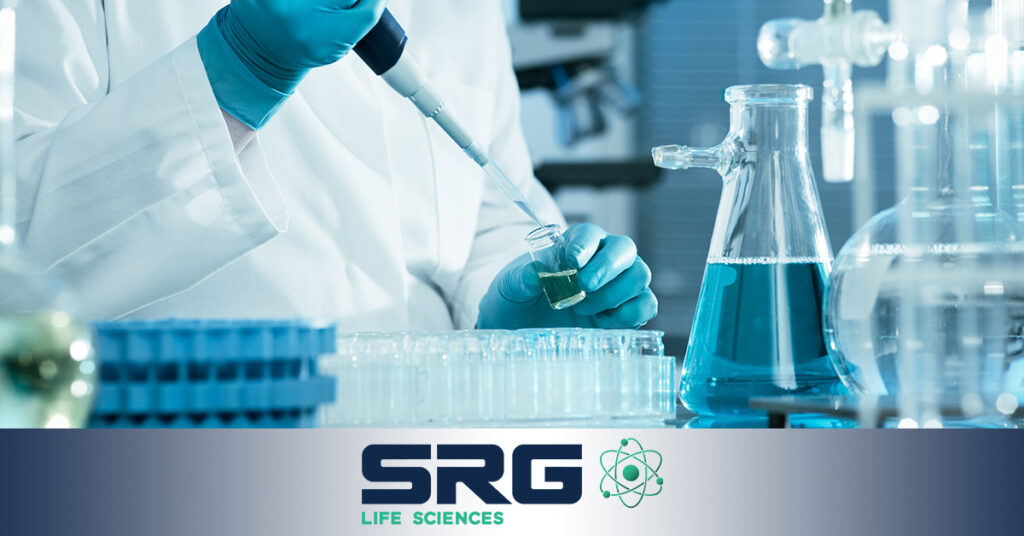The world of life sciences is vast, encompassing a wide array of industries and specialties. As a result, choosing a career path in the life sciences isn’t always easy since so many different options are available.
By understanding a bit about the career paths you encounter in life sciences, it’s easier to select a direction that fits you. Here’s an overview of some of the life sciences career paths.
Biotech
Biotech involves using technology to support medical and health-related goals involving living things. These roles are present in a wide array of industries, including the agricultural, environmental protection, and pharmaceutical sectors. Often, duties include using biomolecular or cellular processes to develop technologies that boost health or production, leading to life or environmental improvements depending on the specialty.
Pharmaceutical
The pharmaceutical industry strives to discover, develop, and manufacture medications or treatment options for various health conditions. Compound purification and chemical synthesis often come with these roles.
Additionally, clinical trials and research can fall into the pharmaceutical category. As a result, opportunities with contract research organizations (CROs), contract development and manufacturing companies (CDMOs), and contract manufacturing organizations (CMOs) frequently qualify as part of the broader pharmaceutical sector.
Nutraceutical
Nutraceuticals is a subset within the food and beverage industry that focuses on the development of foods and drinks that contain additives for additional health benefits. The goal is to create consumer products that offer more than the basic nutrition inherent in the core agricultural ingredients.
Medical Device
The medical device industry focuses on creating instruments, appliances, implants, software, and other devices designed to diagnose or treat medical conditions. It blends an understanding of biology and health needs with technology and engineering, leading to innovations that improve diagnosis and treatment.
Pharmacy
While associated with the pharmaceutical industry, the pharmacy subsector primarily focuses on the management and issuing of prescription medications to patients. This can include providing access to pre-existing drugs and actively preparing complex medications through drug compounding.
Additionally, there’s pharmacy benefits management (PBM). This specialty manages prescription drug plans on behalf of medical insurance organizations, employers, and others. These roles can involve negotiating with drug manufacturers and pharmacies to secure better rates and ensure access to suitable treatment options for covered patients.
Reference Lab
Reference labs are facilities that test and analyze specimens, causing them to broadly function as diagnostic facilities. Typically, these private organizations support healthcare clinics that don’t have the required technologies to handle the tests on-site. However, they may also assist with specialty tests are occur infrequently enough to make maintaining the testing capability in-house impractical for healthcare organizations.
Ultimately, the life sciences career paths above are all worth considering whether you’re preparing to take your first steps into the workforce or want to head in a new direction. Demand for professionals is high in the areas above, giving you access to ample opportunities.
Are you looking for a new life sciences job? Partner with the Staffing Resource Group to gain access to exciting opportunities and get support from experienced recruiters. Contact us to learn more about our services today.



